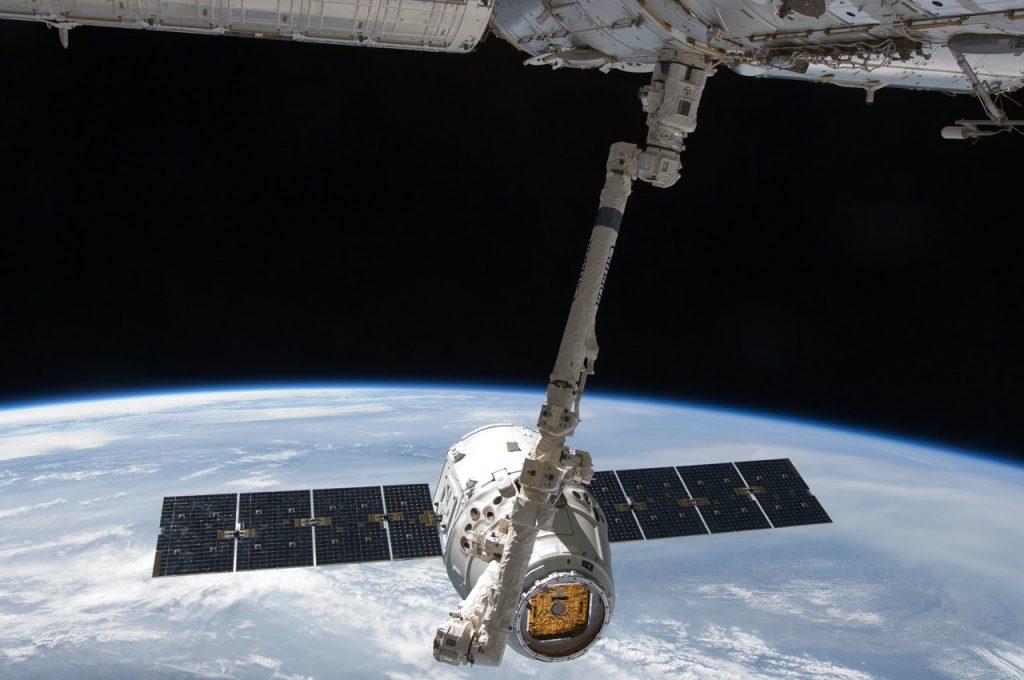Russia dumps Nasa for China over lunar space station ambitions
All three are racing to return to the moon to establish orbiting space stations and lunar bases.
Just In
Russia and China have signed an agreement to build and work on an “International Scientific Lunar Station” orbiting the moon, the countries’ space agencies announced this week.
The space powers had been talking for months as Russia considered whether to participate in Nasa’s Gateway programme, a rival lunar space station to be built by a coalition of other countries in the next decade, the Verge is reporting.
Like Nasa, China has been courting international support for its own plans to put infrastructure on the moon. It’s also sent several robotic Chang’e missions there, including the first landing on the far side and a rock sample retrieval mission in December.
Nasa is barred from working with China under a law passed by Congress in 2011.
Russia, which has maintained a decades-long partnership with Nasa on the International Space Station, has been reluctant to extend its space alliance with the US to include the moon.
Nasa stepped up its push to return astronauts to the moon under the Trump administration. Part of that push involved spearheading a multilateral pact called the Artemis Accords, an effort to set standards of behaviour in space.
Nine other countries have signed the Artemis Accords so far, but Russia is not one of them, after the US sought to exclude Moscow from early talks last year.
Nasa has secured agreements with the European Space Agency, Japan, and Canada for work on its Lunar Gateway, the planned space station orbiting the moon. Nasa did ask Russia to be a part of building that station, but Moscow declined.
Russia soon turned its attentions to China’s lunar ambitions and cooperating with China became one of Russia’s “top priorities” last year.
After Russia and China announced their moon agreement, Nasa said in a statement to The Verge it “will be pursuing other options and that Gateway planning for a 2028 launch “remains unchanged”.
“Russia did offer to continue exploring interoperability and we welcome such a discussion,” said a Nasa spokesman.
China also held talks with France’s space agency CNES as a “status check of the bilateral space cooperation between the two agencies,” CNES said this week.
As well as cooperation on climate science, the two countries also discussed “other potential areas for cooperation in relation to the moon and Mars”.
Subscribe to our newsletter
To be updated with all the latest news and analyses daily.
